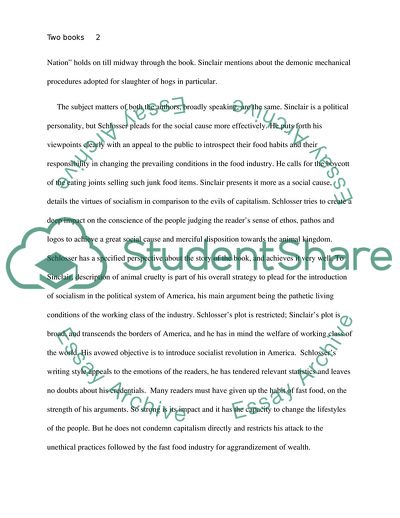Cite this document
(Towards the Comparison of The Jungle by Upton Sinclair and Fast Food N Essay, n.d.)
Towards the Comparison of The Jungle by Upton Sinclair and Fast Food N Essay. https://studentshare.org/literature/1776891-two-books-comparison-essay
Towards the Comparison of The Jungle by Upton Sinclair and Fast Food N Essay. https://studentshare.org/literature/1776891-two-books-comparison-essay
(Towards the Comparison of The Jungle by Upton Sinclair and Fast Food N Essay)
Towards the Comparison of The Jungle by Upton Sinclair and Fast Food N Essay. https://studentshare.org/literature/1776891-two-books-comparison-essay.
Towards the Comparison of The Jungle by Upton Sinclair and Fast Food N Essay. https://studentshare.org/literature/1776891-two-books-comparison-essay.
“Towards the Comparison of The Jungle by Upton Sinclair and Fast Food N Essay”. https://studentshare.org/literature/1776891-two-books-comparison-essay.


